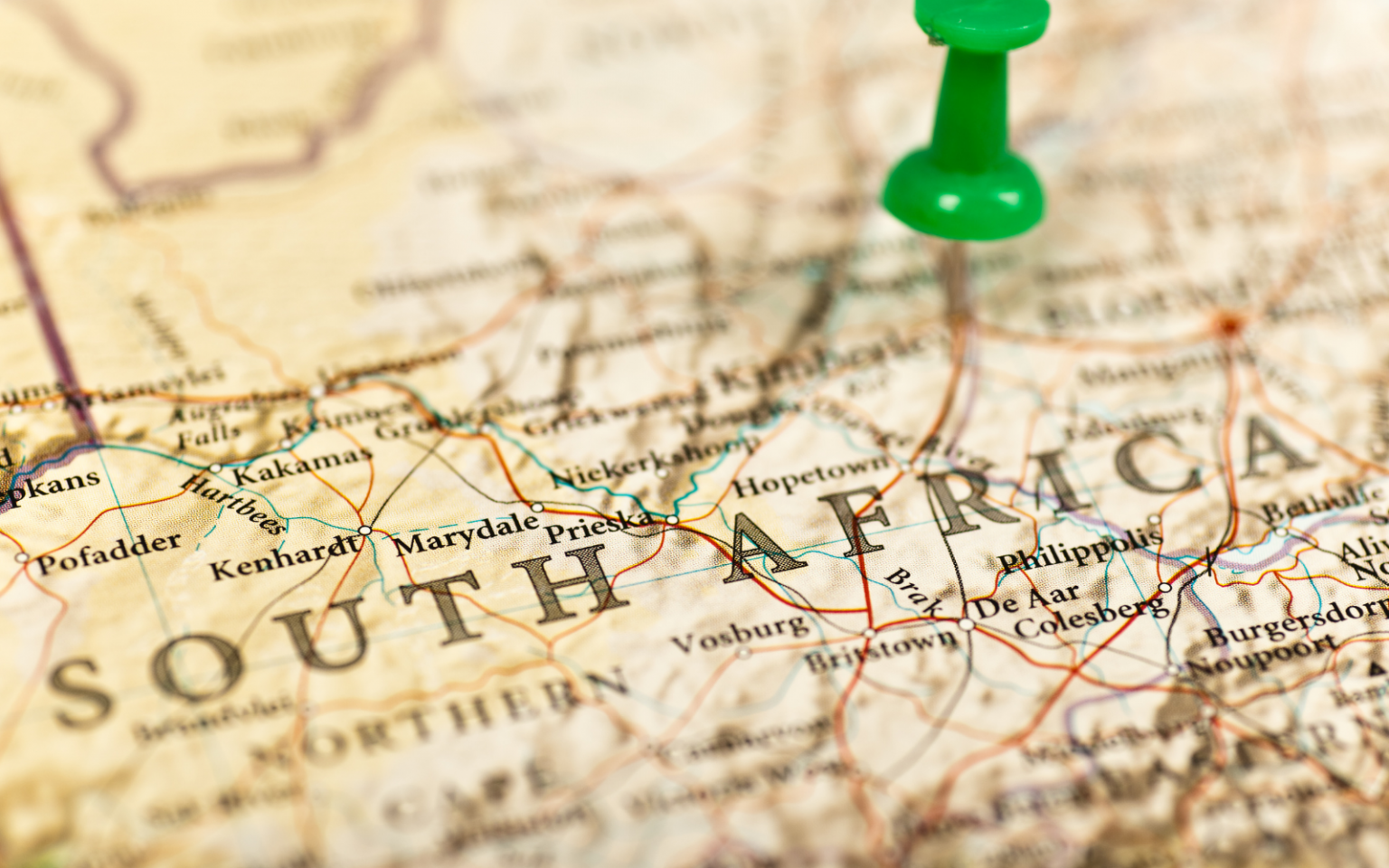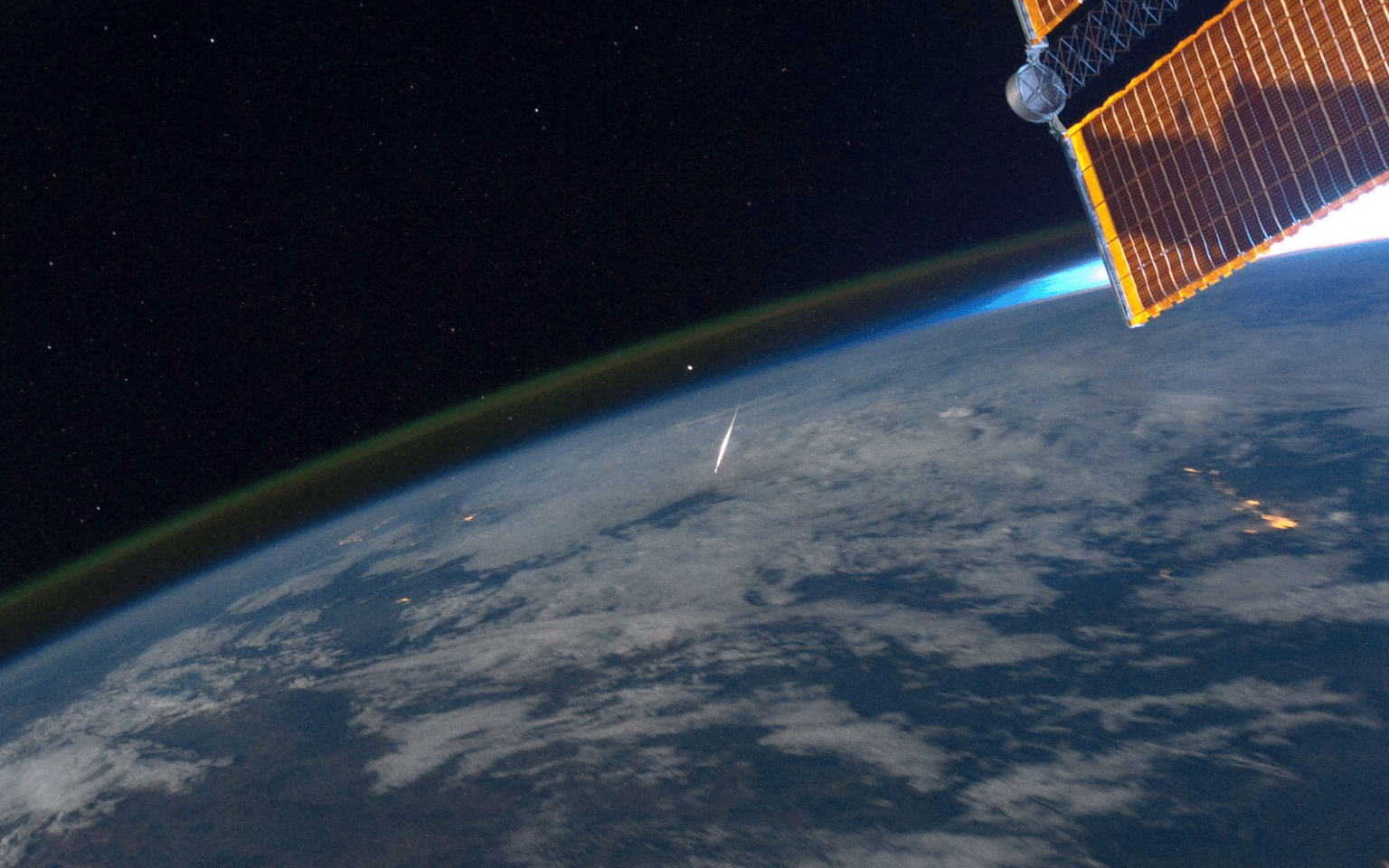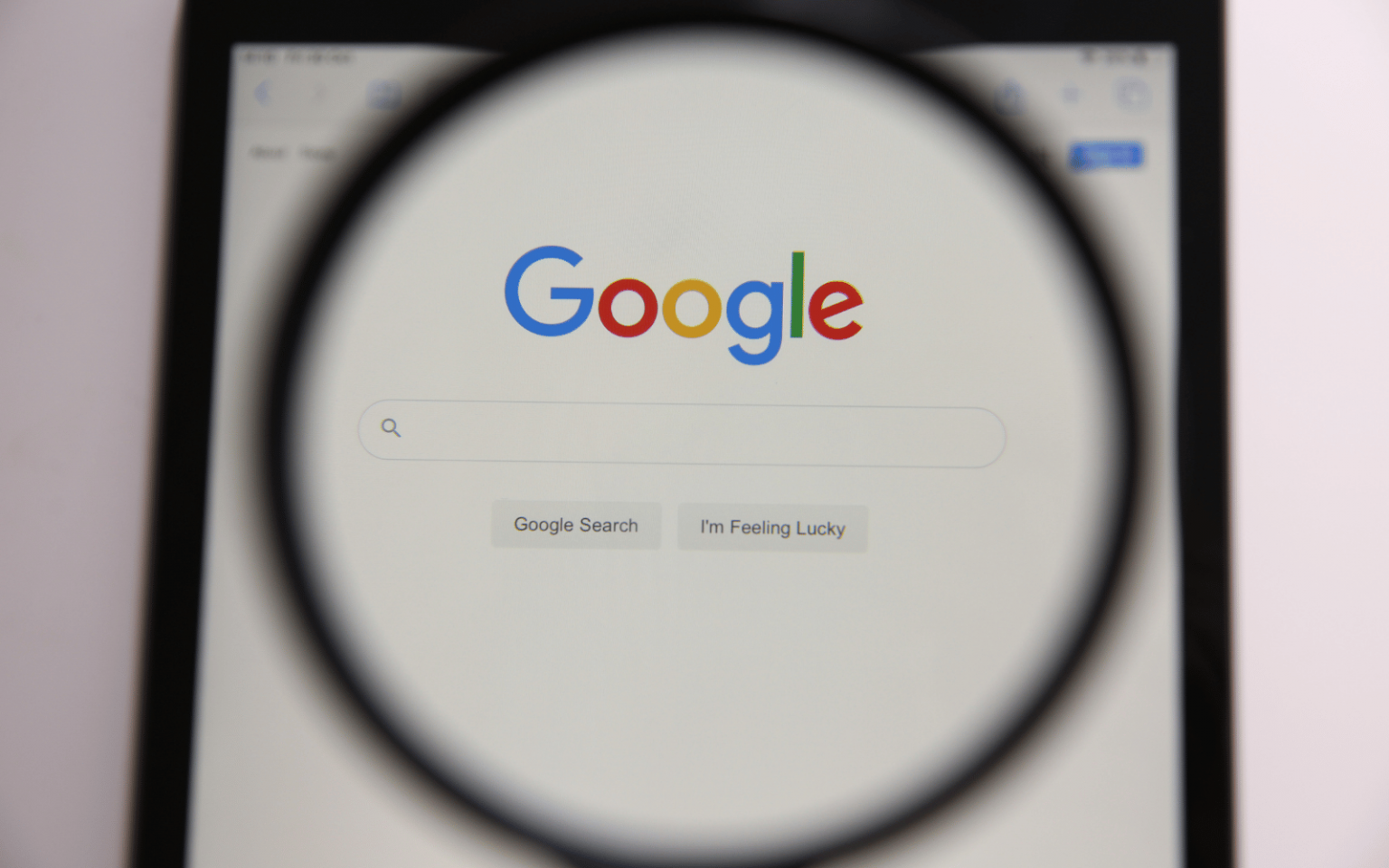South Africa opened its G20 presidency with an ambitious message for a world divided by conflict and economic strain: solidarity, equality and sustainability. The Johannesburg G20 leaders’ summit tried to mend deep geopolitical rifts. Even those who chose to boycott the summit remained included – with their chairs left symbolically empty. A G20 presidency is more than a summit of political leaders. It is a series of dialogues between countries that represent 78.9% of the world’s population. The South Africa G20 presidency hosted 177 official meetings and was guided by 15 thematic working groups and groups representing youth, business, women’s rights, science and think tanks. The…
Author: The Conversation
An experimental supersonic aircraft called the X-59 took to the skies for the first time in October. The plane lifted off from Skunk Works, the famed research and development facility in California owned by aerospace giant Lockheed Martin. It cruised for about an hour before landing at Edwards Air Force Base, 85 miles (136km) away. NASA’s X-59 is designed to test technology for quiet supersonic flight. In the US, loud sonic booms led to a five-decade ban on non-military supersonic aircraft flying over land. The ban was lifted this year by the US President Donald Trump, via an executive order. In the…
Bacteria are the most diverse organisms on Earth, with a number of species that’s difficult to quantify. They’re also incredibly old. Bacteria consist of a single cell. They do not have bones and are not like big animals that leave clear signs in the geological record, which thankfully, palaeontologists can study many millions of years later. This has made it very hard for scientists to establish a timeline of their early evolution. But with the help of machine learning, we have been able to fill in many of the details. Our new research, published today in Science, also reveals some bacteria developed…
As prominent artificial intelligence (AI) researchers eye limits to the current phase of the technology, a different approach is gaining attention: using living human brain cells as computational hardware. These “biocomputers” are still in their early days. They can play simple games such as Pong, and perform basic speech recognition. But the excitement is fuelled by three converging trends. First, venture capital is flowing into anything adjacent to AI, making speculative ideas suddenly fundable. Second, techniques for growing brain tissue outside the body have matured with the pharmaceutical industry jumping on board. Third, rapid advances in brain–computer interfaces have seen growing acceptance of technologies that blur the line between biology and machines. But plenty…
Emerging middle-power countries like South Africa, India and Brazil face growing inequalities. At the same time, everyday lives are becoming more and more digital – from paying bills and reading news to contacting companies and services. Ways need to be found to include everyone in the online world, regardless of how much money they have. Ashraf Patel is an information and communications technology policy specialist who has been researching the G20 for several years. In his chapter from a new open-access book, G20 in Brazil and South Africa: Priorities, Agendas and Voices of the Global South, he discusses how South Africa compares with…
The rapid expansion of artificial intelligence (AI) and cloud services has led to a massive demand for computing power. The surge has strained data infrastructure, which requires lots of electricity to operate. A single, medium-sized data centre here on Earth can consume enough electricity to power about 16,500 homes, with even larger facilities using as much as a small city. Over the past few years, tech leaders have increasingly advocated for space-based AI infrastructure as a way to address the power requirements of data centres. In space, sunshine – which solar panels can convert into electricity – is abundant and reliable. On…
For many years, the US company Nvidia shaped the foundations of modern artificial intelligence (AI). Its graphics processing units (GPUs) are a specialised type of computer chip originally designed to handle the processing demands of graphics and animation. But they’re also great for the repetitive calculations required by AI systems. Thus, these chips have powered the rapid rise of large language models – the technology behind AI chatbots – and they have become the familiar engine behind almost every major AI breakthrough. This hardware sat quietly in the background while most of the attention was focused on algorithms and data.…
Microsoft just released its latest small language model that can operate directly on the user’s computer. If you haven’t followed the AI industry closely, you might be asking: what exactly is a small language model (SLM)? As AI becomes increasingly central to how we work, learn and solve problems, understanding the different types of AI models has never been more important. Large language models (LLMs) such as ChatGPT, Claude, Gemini and others are in widespread use. But small ones are increasingly important, too. Let’s explore what makes SLMs and LLMs different – and how to choose the right one for your situation. Firstly, what…
When OpenAI’s Sam Altman told reporters in San Francisco earlier this year that the AI sector is in a bubble, the American tech market reacted almost instantly. Combined with the fact that 95 per cent of AI pilot projects fail, traders treated his remark as a broader warning. Although Altman was referring specifically to private startups rather than publicly traded giants, some appear to have interpreted it as an industry-wide assessment. Tech billionaire Peter Thiel sold his Nvidia holdings, for instance, while American investor Michael Burry (of The Big Short fame) has made million-dollar bets that companies like Palantir and Nvidia will drop in value. What Altman’s comment really exposes…
We live in changing times. While we once flippantly threw villains to the lions, now we seek to fire them into the Sun. It sounds easy enough. The Sun is unbelievably massive, with gravity sufficient to keep the planets in their orbits for billions of years. How hard can it be? Well, it may be harder than you think. Fire away The obvious way to fire someone into the Sun is the direct approach, as shown in South Park Season 1. Point a rocket at the Sun and fire. But can that work? For a start, the rocket has to reach…










